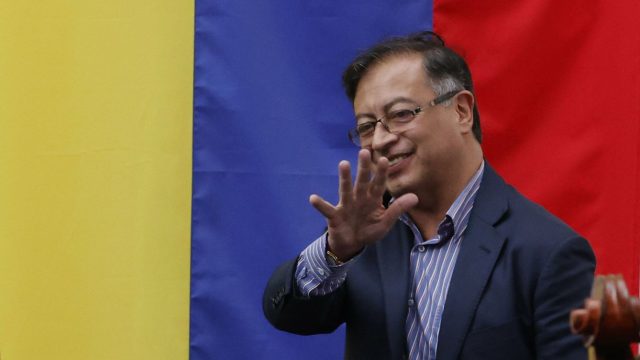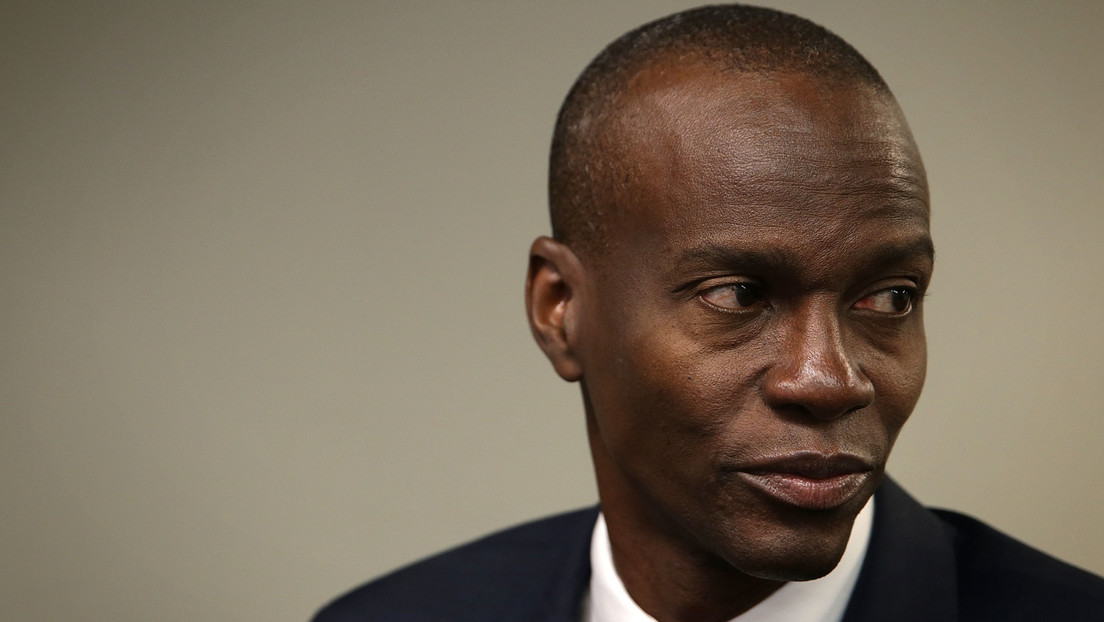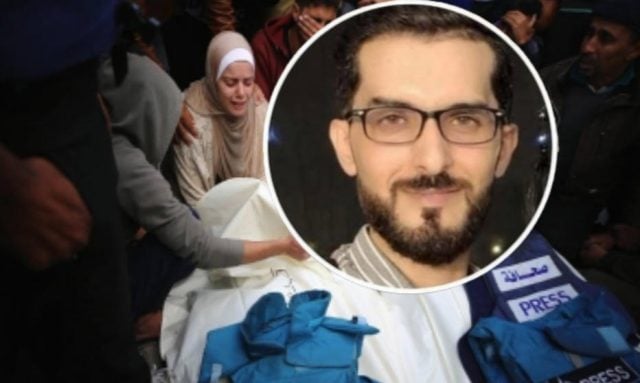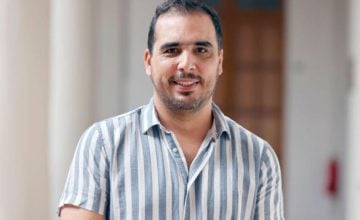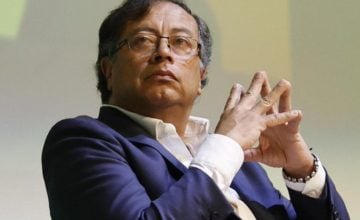Gustavo Petro’s victory has meant a paradigm shift in Colombia. The politician, who won under the banner of «historic change», far from fueling polarization against Uribismo, has opted for the opposite path: a plural dialogue to start an era of peace.
After the first days of his electoral victory and still without assuming power, Petro has maintained a busy political agenda that, externally, has included among his priorities diplomatic relations with the United States and the normalization of ties with Venezuela.
Nationwide, one of the keys to Petro’s plan aims to achieve the long-awaited national agreement for peace. His conversations with different political factors in the country, such as his rival in the presidential runoff, Rodolfo Hernández, and the leader of the Democratic Center, Álvaro Uribe, are the most convincing example.
Uribism and the future of Colombia
An issue that has caused a stir has been the rapprochement between Petro and Uribe in Bogotá. Both politicians, from diametrically opposed ideological trenches, entered into an unprecedented dialogue that seemed difficult due to the differences on issues such as the post-conflict after the signing of the 2016 peace agreement.
The meeting, described as «respectful» by Petro and «constructive» by Uribe, marks the beginning of a political debate for peace that is aligned with the campaign promises of the elected president, who conceives the dialogue with the opposition as a stage in which they can identify differences and find common ground.
Uribe’s tone after the meeting with Petro was one of acknowledgment to the new president, whom he thanked for listening to his concerns and points of view, and even promised to approve, as far as possible and «without calculation», the proposals of the future government with which he agrees on.
In parallel, the joint meetings for the transition of the government took place, which included a meeting at the Casa de Nariño between the current president, Iván Duque, and the president-elect, ahead of August 7, when the leftist will assume as the new head of State.
The rapprochement with Hernandez
This entire process has been seen as an important achievement for Petro, since a few days after his election he has been able to sit down and talk with the most radical sector in the country, the Uribismo, and with his direct opponent in the elections, the conservative Rodolfo Hernandez.
Petro and Hernández made a much more pleasant approach, judging by some photographs in which there were smiles, hugs and handshakes, which were accompanied by messages filled with hope. And that’s because both politicians, beyond the differences in tone and interests, faced each other in the ballot with a common electoral promise: the change in the twilight of the Uribe hegemony.
«The change began», Hernández wrote in a tweet with a photo with Petro. For his part, the president-elect of Colombia, added: “We are going to a national agreement with certainty. Here the change began. Here there will be a national agreement. Here there will be a joint work table of the northeast with the national government».
The most recent step taken by Petro and which aims to lower the guard of businessmen and the conflictive tone of the most conservative sectors of Colombia, has been the appointment as Minister of Finance of the renowned economist José Antonio Ocampo, who had experience as head of that portfolio in 1994 during the government of Ernesto Samper, and has held important positions such as the executive secretary of the Economic Commission for Latin America (ECLAC) and the presidency of the Executive Committee for Economic and Social Affairs of the UN.
The road to peace in Colombia, which is still uphill and involves the incorporation of all political sectors into the process of achieving a national agreement, also needs to address other factors that fuel internal violence: drug trafficking clans, paramilitaries, guerrillas and the dissidence of the armed groups, corruption, impunity and social inequality.
